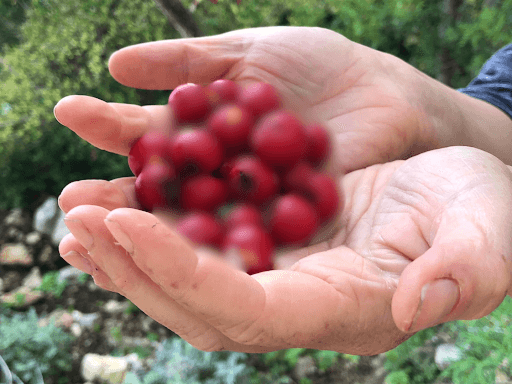BEST 11 Collagen Peptide Foods? [Benefits, Side Effects & Dosage]
In recent times, collagen peptides have become a buzzword. Everyone seems to be investing in these supplements, and for a good reason. Their safety, relative affordability, and health benefits, including being rich in amino acids, make them appealing. Many experts recommend an intake proportional to body weight, hinting at around 200g of protein for optimal muscle repair and overall body health.
While supplements abound, foods rich in collagen should not be overlooked. Here’s a spotlight on the top 11 collagen-boosting foods and why they outweigh powdered alternatives.
Fish, especially its skin and scales, is a significant source of collagen, albeit less popular due to its pungency when cooked indoors. Marine-based collagen is highly bioavailable, enhancing skin elasticity by up to 10%.
Egg whites are packed with proline, an amino acid that bolsters collagen synthesis. Often undervalued, they boast around 2.5g of protein per 100g, proving to be an essential dietary component for maintaining vigor and cellular health.
Though misconceptions persist, citrus fruits don’t directly contain collagen. Instead, they are vital for collagen production due to their high vitamin C content, a crucial element for synthesizing collagen.
Leafy greens provide both vitamin C and chlorophyll, vital for collagen production, whereas beans are protein-rich, containing copper and amino acids crucial for collagen.
For those seeking to significantly boost their collagen intake, these top foods are for you.
- Chicken skin and feet are acclaimed for abundant collagen content. Connective tissues in beef, both mulch and broth form, are also outstanding sources.
- Bone broth offers a wealth of collagen through the essence of simmered animal bones. Meanwhile, a tablespoon of gelatin, most noted for its joint health benefits, provides a compact collagen source.
While the convenience of collagen peptides cannot be denied, sourcing collagen from actual food whence possible offers increased nutritional versatility. For those doubtful about authenticity claims of supplements, their chemical examination and reviews can offer clarity.
Driven by constraints, vegans might turn toward collagen-building supplements made primarily from vitamin C. These offerings, however, differ from pure collagen, but they help stimulate its production nonetheless.
Ultimately, incorporating a variety of collagen-rich foods within daily nutrition grants vital amino acids quickly, conveniently, and dang deliciously rather than relying on supplemental crutches.
From Around The Web
Wellness Inbox is a blog & weekly newsletter that curates trending news and products related to health and wellness from around the web. We also gather content from various sources, including leading health professionals, and deliver it directly to you.
Please note that we may receive compensation if you purchase any products featured in our newsletter. Wellness Inbox is not affiliated with, nor does it endorse, any health professionals whose content may appear in our newsletter. The information provided is for general informational purposes only and should not be considered medical advice.
The information provided is not intended to replace professional medical advice, diagnosis, or treatment. All content, including text, graphics, images, and information available is for general informational purposes only. We do not guarantee the accuracy or completeness of any information presented and assume no liability for any errors or omissions. The content is subject to change without notice. We encourage you to verify any information with other reliable sources and consult your physician regarding any medical conditions or treatments.







